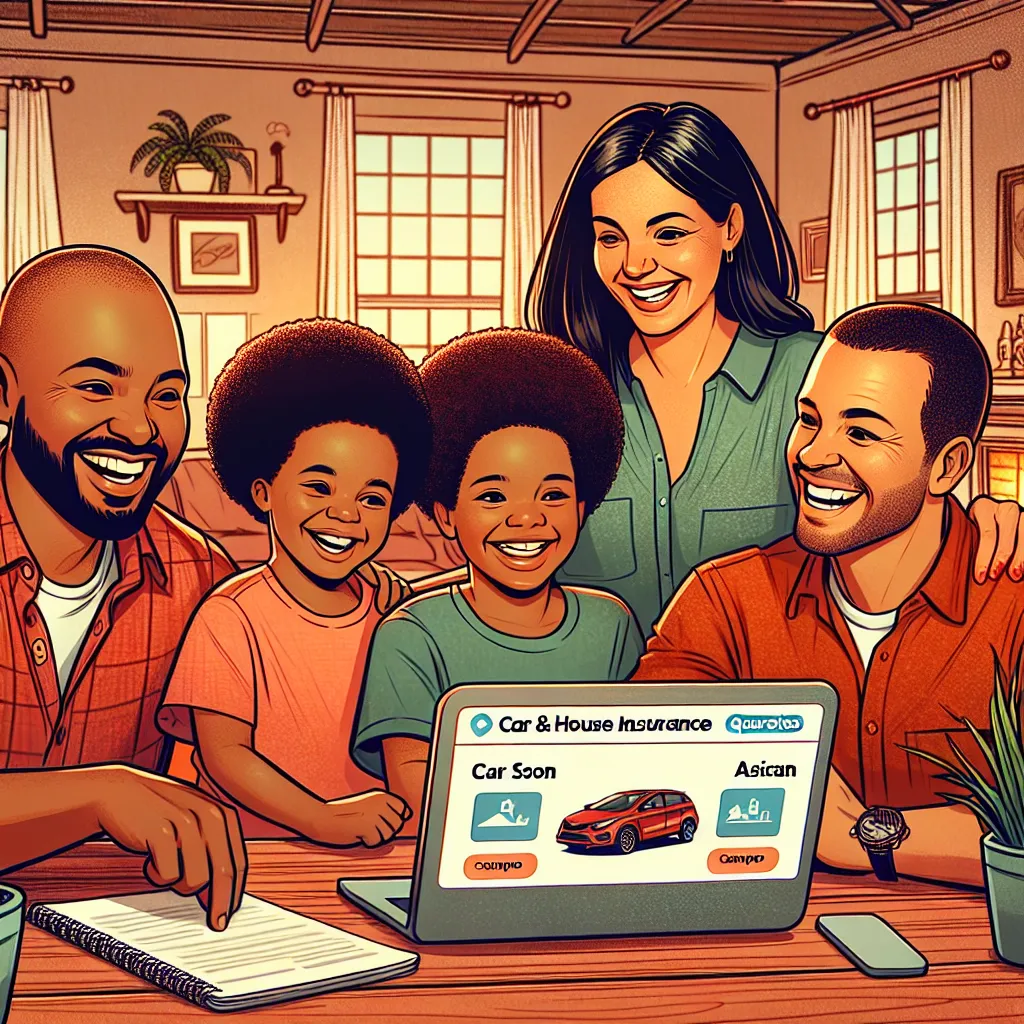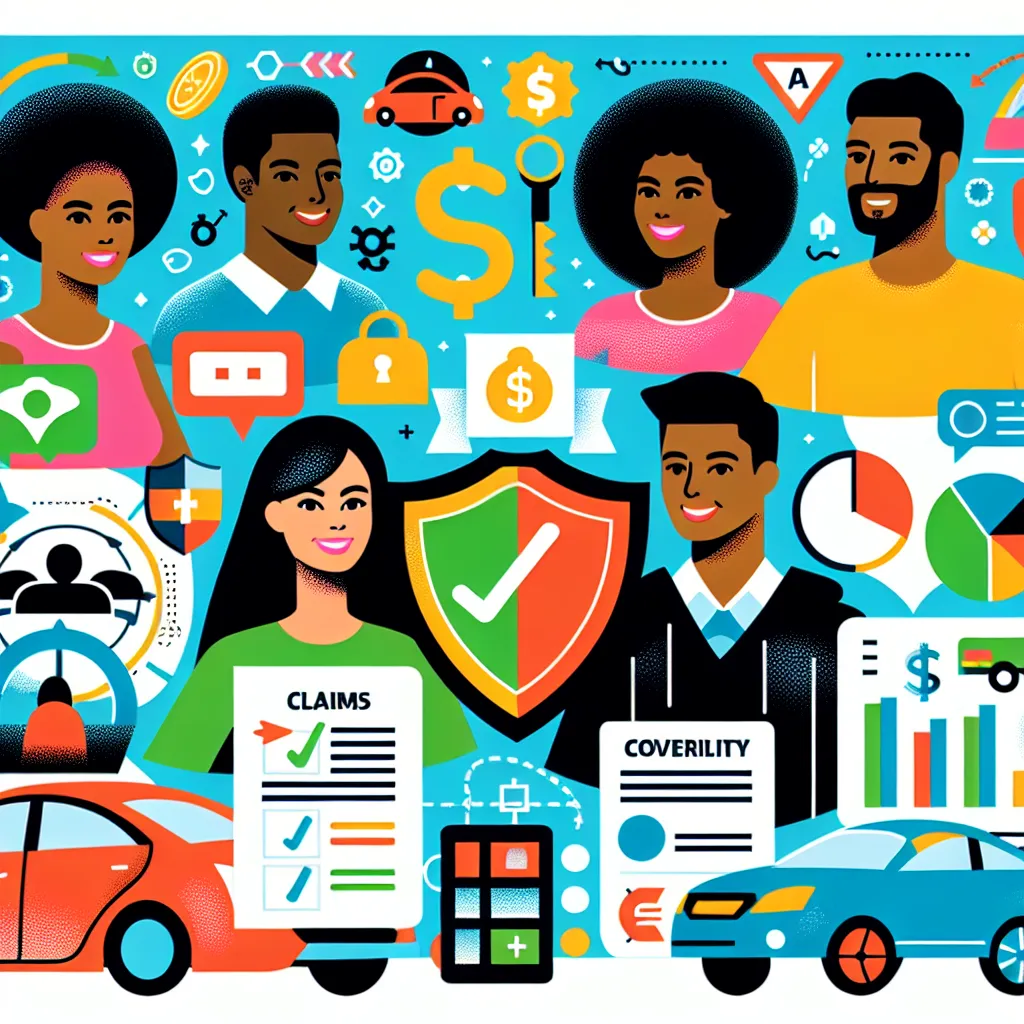Tag: Bundling Discounts
-
Unlock Savings with Your Car and Home Insurance Quote

Discover how a car and home insurance quote can help you save money, compare coverage, and find the best protection for your needs. Read more
-
Mastering Car and House Insurance Quotes for Better Savings

Discover how to compare car and house insurance quotes effectively, unlock discounts, and save hundreds on your coverage today. Read more








